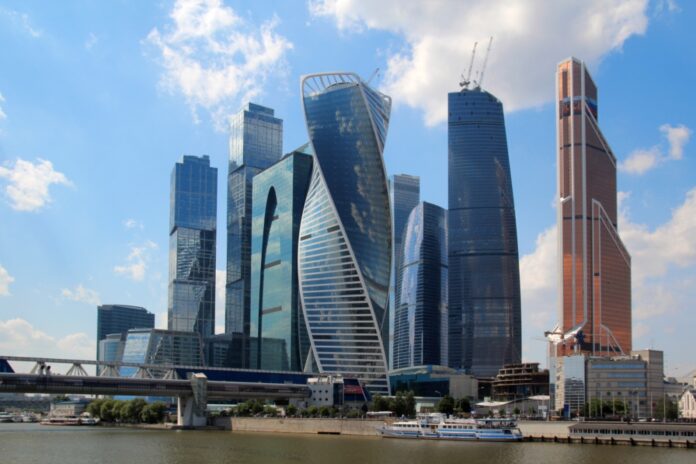MegaFon, MTS, Beeline and Tele2 are set to run trials in Moscow this autumn ahead of wider launches next year.
They are working with the Department for Information Technologies of Moscow, Qualcomm Technologies, and software and hardware vendors.
The parties claim this will be the first 5G NR (for New Radio, the 3GPP global standard) mmWave (band n257) network launched in Europe this year.
The Moscow-based project will enable the testing and commercialisation of new applications, from better fixed broadband and mobile wireless access for private users to “unique business solutions” according to a press statement from Qualcomm
A kick start
The project is intended to kickstart new 5G-enabled digital services and innovation in the city, including virtual and augmented reality applications, which “are set to become some of the most important elements of the Russian capital’s digital space”.
Further, it is hoped that it will create new jobs developing next-generation applications and boost local high-tech industries, raising Moscow’s global profile.
So far the US has shown more interest in mmWave than Europe: the frequency provides high capacity and data rates, but less good coverage compared to the mid-band spectrum European operators are using.
Raised global profile
“Moscow is scheduled to be the first city in Russia to deploy fully-fledged 5G pilot zones across all telecom operators this fall. In many of the world’s megacities, the deployment of 5G networks is restricted by mobile operators’ business needs and their access to the spectrum frequencies needed.
In our case, spectrum access has been resolved at state level to accelerate the rollout of high-capacity 5G mmWave. Also, this 5G pilot is coordinated by the Moscow City Government and, in particular, the Department of Information Technologies of Moscow.
“We are keeping up with the market in building a safe and reliable 5G infrastructure that will allow Moscow to create more high-paying jobs and attract further investment to the city,” said Eduard Lysenko, head of the IT department of Moscow.
Seeking efficiency
Yulia Klebanova, vice president, business development, QUALCOMM Europe, noted, “Moscow is one of the most dynamically developing cities in Europe. Over the next few years, Moscow plans to equip business centres, stadiums, main streets, congress halls, railway stations and airports with high-capacity ultra-fast, low-latency mobile communications to bring a whole new level of services to individuals and businesses in the capital.
“Deploying 5G networks on the n257 mmWave band will allow operators to achieve this goal in a very efficient way…we are working with manufacturers to bring 5G mmWave technology to…devices, from smartphones to fixed wireless access points, which will be essential to the city achieving its goal.”


